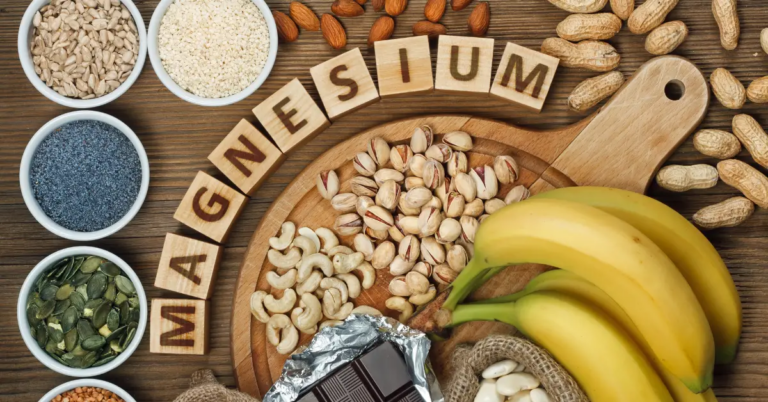Why You Shouldn’t Sleep With Your Phone at Night: Key to Better Sleep
In the digital age, the routine of charging our smartphones overnight might seem innocuous, yet it poses hidden risks that could impact our safety and the longevity of our devices. This concern has led to a broader discussion about safe charging practices, a topic that touches not only on device care but also on personal…






















